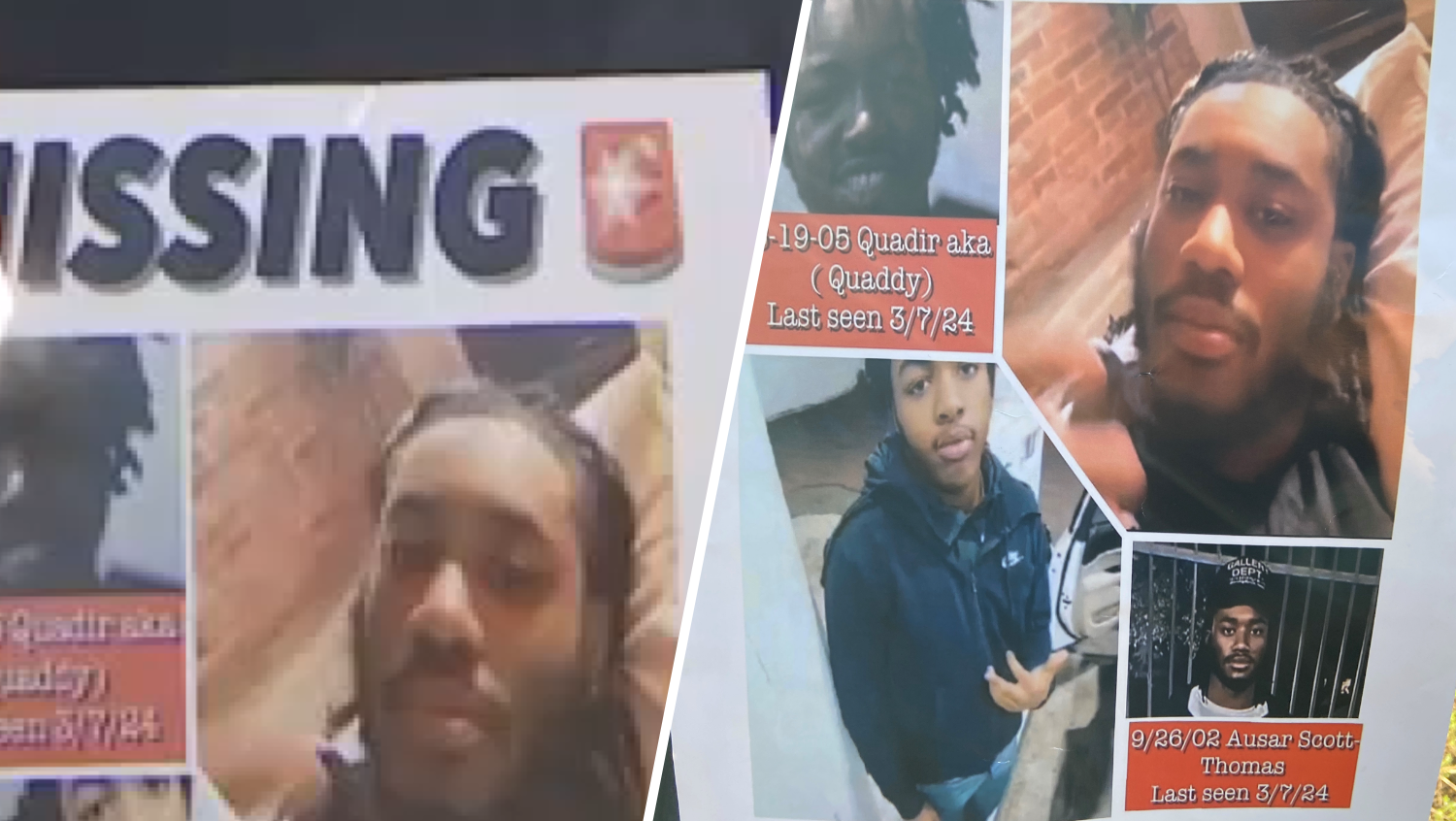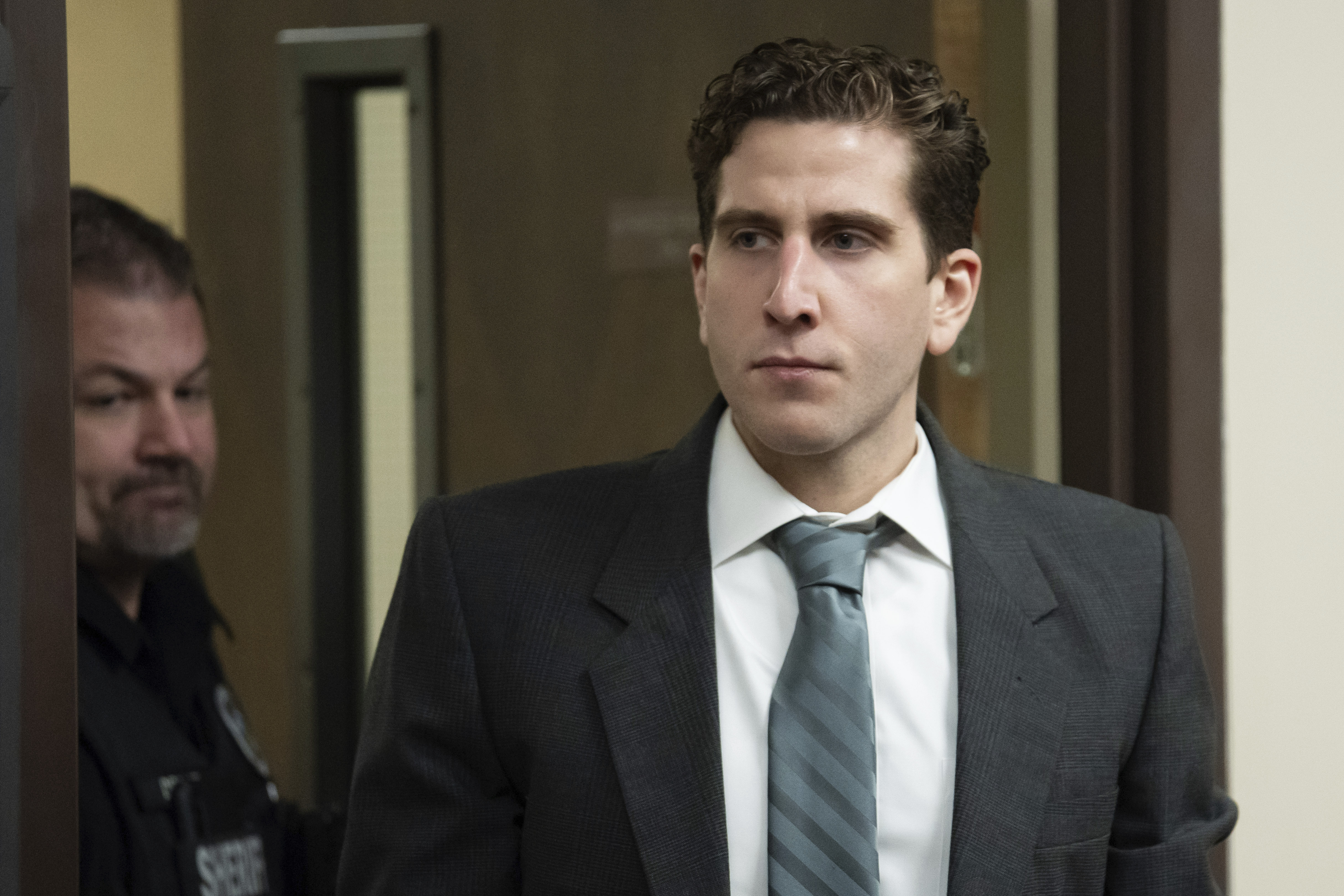Blowing by a Philadelphia Police Officer on one of the city's major interstates most likely won't result in you getting a speeding ticket. That reality is frustrating for officers driving along the roads every day.
"The other day I'm driving down I-95 and a car passed me. I clocked him 85 m.p.h. When it comes down to it, I couldn't stop him and write him a speeding ticket," said a veteran Philadelphia Police Officer who spoke to NBC10.com on the condition of anonymity for fear of retribution. "It's completely frustrating."
The Philadelphia Police Department is not legally allowed to issue speeding citations to drivers on Interstates 95, 76 and 676 inside the city limits -- even if speed tracking equipment installed in an officer's cruiser verifies that someone was driving above the posted speed limit.
They used to have that authority, until last July.
In a July 17, 2012 memo obtained by NBC10.com, Commissioner Charles Ramsey notifies the force about the change, telling them they are no longer allowed to hand out speeding tickets.
"The Pennsylvania State Police has decided not to re-enter into a speed enforcement agreement with the Philadelphia Police Department..." the memo reads in part. "As a result of the Pennsylvania State Police decision, effective immediately and until further notice, Philadelphia Police Officers are prohibited from issuing any speeding violations..."
The memo goes on to explain that officers are able to "initiate a traffic stop but must contact the nearest Pennsylvania State Police facility for appropriate enforcement action."
Local
Breaking news and the stories that matter to your neighborhood.
"We almost feel like it's a slap in the face," the officer said referring to themself and colleagues. They added officers feel it's a waste of resources and redundant to call for a trooper. "It's almost like they don't trust us to write a traffic ticket."
The Pennsylvania State Police took over the primary responsibility of patrolling the city's highways in 2007 as part of an effort to allow more Philadelphia Police Officers fight crime.
But Philadelphia Police were still able to write speeding tickets through a special enforcement agreement, which is mandated by state law.
Philadelphia Police's speed enforcement agreement, which also covers roads like the Roosevelt Boulevard (U.S. 1), Woodhaven Road (PA-63) and Lincoln Drive, was changed last July to remove the interstates.
Captain James Raykovitz, of Pennsylvania State Police's Troop K in Belmont, says the interstates were taken out because State Police administration changed its policy.
"We did not renew agreements anywhere the State Police had primary jurisdiction over the interstate highways," Capt. Raykovitz said.
He reiterated that police can stop speeders and call a trooper to issue a ticket and that State Police and Philadelphia Police have maintained a good relationship.
State Police data shows there's been a 20-percent drop in speeding citations issued on the city's interstates from August 2011 through August 2013. Asked about the drop, Capt. Raykovitz said the numbers always fluctuate over time.
While Philadelphia Police are barred from writing a speeding ticket, officers are allowed to stop and issue tickets for other roadway violations like improper lane changes and tailgating.
The change in enforcement came as the number of speed-related crashes on the city's interstates trended up -- sharply in some cases.
From 2008 through 2012, speed related crashes on the Vine Street Expressway more than doubled from 55 to 126, according to the most recent statistics from the Pennsylvania Department of Transportation.
Crashes on the Schuylkill Expressway rose 13-percent over the same period, but nearly 30-percent from 2011 through 2012. On I-95, they jumped nearly 40-percent from 248 to 346 over the five year span.
"It's not like we're going to sit on 95 and write 20 tickets a day," the officer said. "It's nice to know when we see someone speeds by at 20 or 30 m.p.h. over the speed limit, that we can pull them over and ticket them and make the road safer."
Contact Vince Lattanzio at 610.668.5532, vince.lattanzio@nbcuni.com or follow @VinceLattanzio on Twitter.



